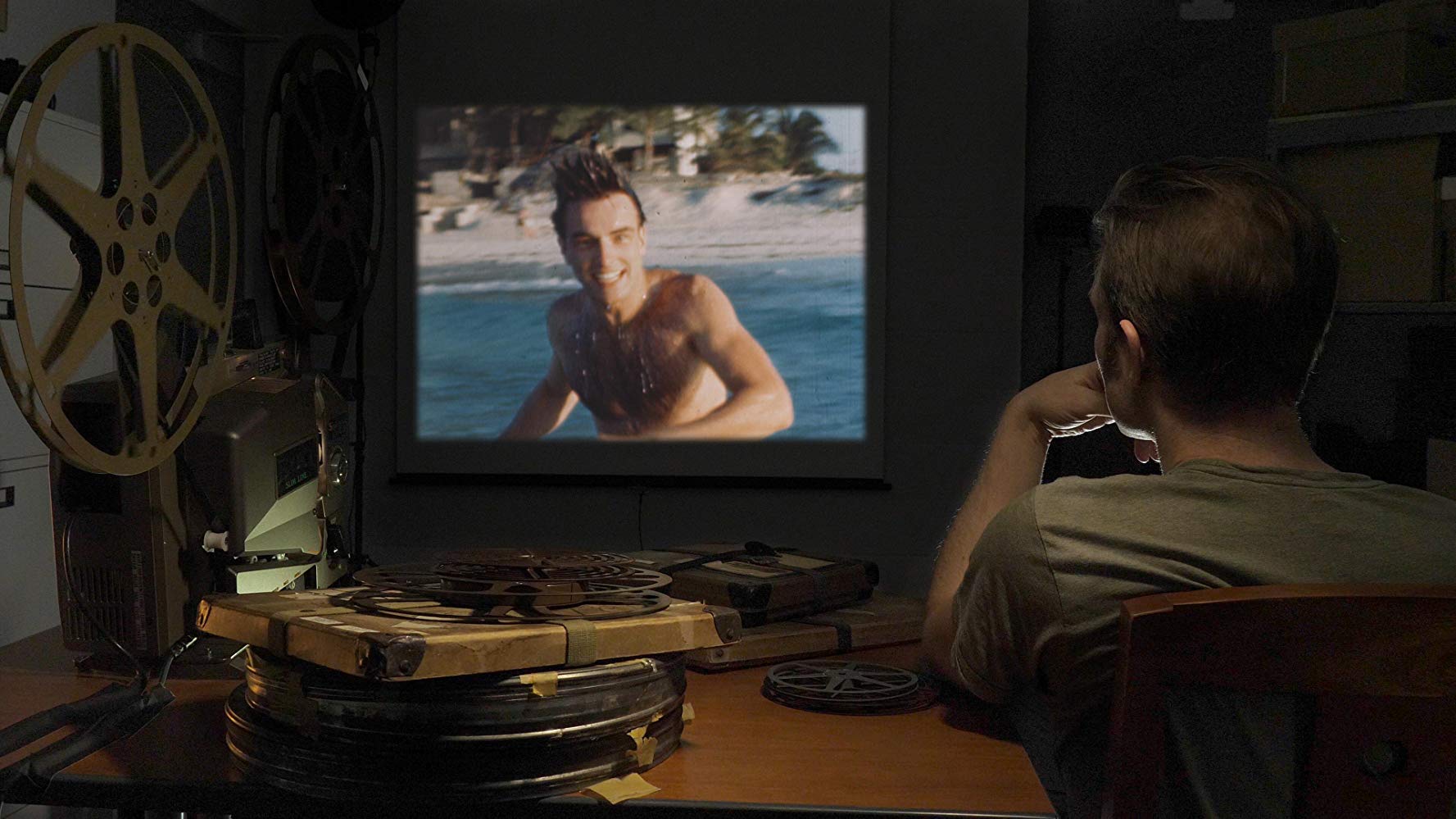
LAFF Review: ‘Making Montgomery Clift’ is a fascinating exploration, but not of the man himself
Written by: Fiona Underhill, CC2K Staff Writer
Biographies and documentaries are complex beasts, often revealing more about the authors or filmmakers than their subjects. When the person making the documentary is close to the subject, or a family member, these lines become even more blurred. Attempting to authentically capture a person’s life, especially after they have passed on, is always going to present problems because information coming from multiple sources brings different points-of-view and and often, their own agendas. A documentary can only ever provide a certain perspective on the person and will never fully capture who they truly were.
Making Montgomery Clift is a fascinating example of a documentary, if not a completely successful one. It is a portrait of a family dealing with a huge Hollywood star in their midst and the repercussions fame had on all of them, not only during the actor’s life, but perhaps even more so, after his death.
This film is about the Clift family trying to reclaim and redefine the legacy of a man who many think they know; however, the perceptions of the deeply complicated Clift from his closest family and friends could even be flawed. The co-director and narrator of this documentary is Clift’s nephew, Robert Anderson Clift – but he didn’t actually ever meet his Uncle, who died before he was born.
Montgomery Clift had a huge impact on his whole family and the ripples are still felt to this day. Robert Anderson Clift’s father Brooks was extremely close to his brother during life, and seemingly obsessed with him after his death. He kept what was tantamount to a shrine to Monty in his home, filled with the actor’s memorabilia. Even more bizarre is that Brooks Clift recorded phone conversations – not just with Montgomery, but with their mother and Clift’s biographer, among others. It is not clear whether Brooks’ subjects knew they were being recorded, adding an unsettling layer to what is already a moral grey area.

The film tackles two biographies written about Montgomery Clift about ten years after his death – one by Robert Laguardia published in 1977 which was sensationalist nonsense, easily refuted by the family at the time. The other authored by Patricia Bosworth and published in 1978 leaned heavily on Monty’s family, and Brooks Clift was heavily involved in the research and writing process. Despite this, as shown in the documentary, Brooks fought to have many revisions and corrections made which didn’t happen and he ultimately felt betrayed by Bosworth.
The fact a documentary analyzes the process of writing a biography is intriguing because both are flawed formats when tackling a person’s life, especially after the subject dies and cannot contribute themselves. Something that Robert Anderson Clift is keen to address in this documentary is the portrait of Montgomery as the tragic, tormented, closeted gay man who drove himself to the ‘longest suicide in Hollywood history’ (as described by an Actors Studio teacher Robert Lewis). The documentary posits that Clift wasn’t tortured by his sexuality, but instead quite happy and open about it with friends and family. The film does offer alternative theories as to what may have led Clift to become an alcoholic, but as with anyone’s life it is not a simple case of any one factor being the cause.

One figure who was hugely important in Montgomery Clift’s life – his mother – doesn’t get as much focus in the documentary as one would hope. The film ends up being just as interesting for its exploration of Clift’s family as it is of the man himself – especially considering what it does and doesn’t include.
Brooks Clift is a fascinating subject in himself – the film touches on his past experiences during WWII, which goes a long way to explain why he ‘surveilled’ his family in the way he did, but again, it falls short of properly pulling at these intriguing threads. The examination of some aspects of Montgomery Clift’s life are enlightening; however, such as his theatrical background and the fact he resisted Hollywood for ten years. Also, the movie reveals the revisions and rewrites Clift made to many of the screenplays he worked on, showing his handwritten notes on his script pages.
Ultimately, Making Montgomery Clift proves mostly fascinating, but also frustrating at times. It is a really interesting contribution to the documentary genre, if you’re drawn to stories with unreliable narrators exploring different points-of-view on an elusive subject. In fact, this more interesting as a story of the familial repercussions when a famous Hollywood star who lived a life of secrets, dies young, leaving people to pin down what they think he was. It is about living under the shadow of a man and attempting to reclaim him from the world and in turn, reveal his truth. Unfortunately, Clift can no longer tell his own story. His fractured life can only ever be framed through the lens of people trying to define their own perspective. It is a compelling subject and definitely an interesting one for those who love documentaries.
